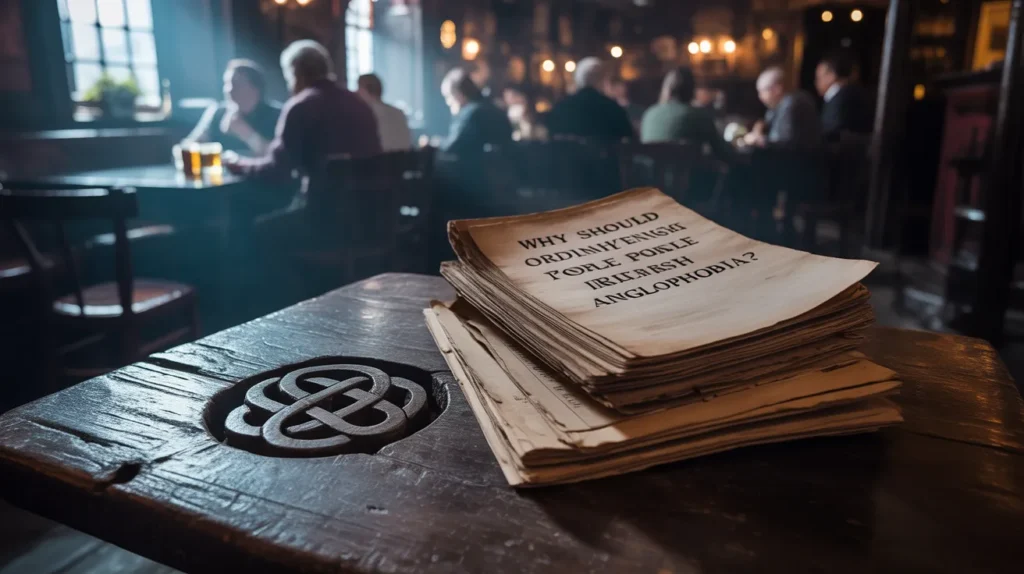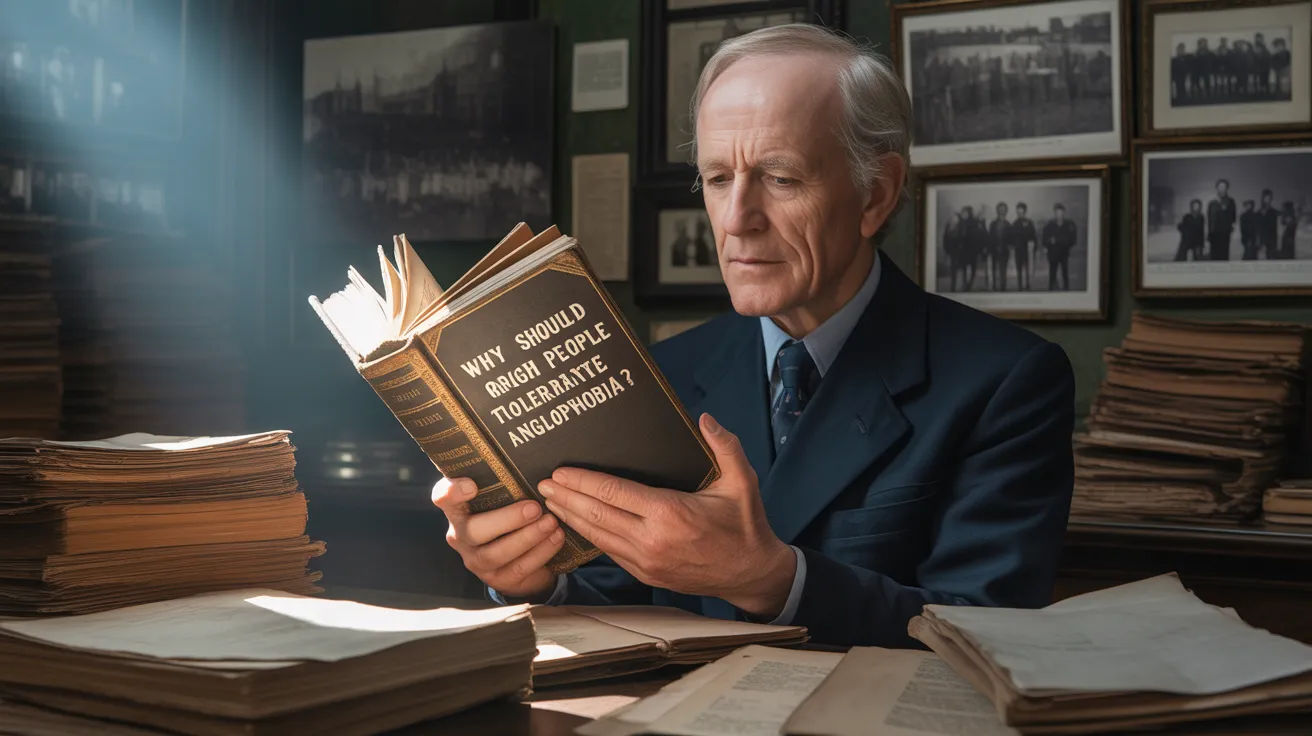Table of Contents
The historical relationship between England and Ireland has been shaped by conflict, power imbalances, and deep cultural differences.
However, in today’s world, many English citizens who had no role in past events are still treated with hostility due to this history. This raises a serious question: why should ordinary English people tolerate Irish anglophobia?
Understanding the Roots of Irish Anglophobia
Colonial Rule and Historical Resentment
Ireland was under English, and later British, rule for centuries. Events like the Plantation of Ulster, the Great Famine, and the Irish War of Independence left lasting bitterness.
These events are not forgotten easily, especially by Irish families who still carry emotional or cultural memory of hardship and loss.
The Legacy of the British Empire
The actions of the British Empire, including land seizures, religious suppression, and economic control, contributed heavily to negative perceptions of England in Ireland.
Even though the empire no longer exists, the resentment it caused still affects attitudes today.
What Does Anglophobia Look Like in Modern Times?
Cultural and Verbal Hostility
In modern-day Ireland, anglophobia can sometimes appear in conversations, media, or politics. English people living in or visiting Ireland may hear anti-English jokes, slurs, or be treated differently based solely on their nationality or accent.
Online and Political Spaces
Social media has amplified nationalist voices and occasionally allows unfiltered hatred toward the English to go unchecked.
Some Irish political rhetoric also leans on anti-English sentiment, especially during heated discussions about Brexit or Northern Ireland.
Should Today’s English People Be Held Responsible?
Generational Distance from the Past
Most ordinary English people today are not connected in any direct way to the political or military actions of the British Empire.
They were not alive during the famine, did not vote for colonial policies, and are not responsible for Ireland’s partition.
Individual Accountability vs. Collective History
There’s a difference between acknowledging a nation’s historical role and blaming individuals for past events. Expecting modern English citizens to carry guilt or accept abuse based on history is unfair and unproductive.
Why Should Ordinary English People Tolerate Irish Anglophobia?

Tolerance Should Not Mean Acceptance of Prejudice
Tolerating someone’s feelings rooted in pain is one thing. But tolerating unfair hostility, stereotyping, or being reduced to a national identity is another. No individual deserves to be the target of prejudice based on their background.
The Difference Between Empathy and Endurance

English people can recognize Irish historical suffering and be respectful of it. But empathy should not require passivity in the face of personal attacks or discrimination. A balanced relationship must allow for mutual respect.
The Harm of Keeping Old Hatreds Alive
Perpetuating Division, Not Healing
If historical hatred is allowed to shape modern relationships, it keeps both sides locked in the past. Hostility becomes a barrier to understanding, cooperation, and friendship. Both English and Irish people lose when bitterness dominates.
Reverse Prejudice Is Still Prejudice
Just as English prejudice toward the Irish in the past was wrong, Irish prejudice toward modern English people is equally wrong today. It undermines the values of equality, fairness, and mutual dignity.
Moving Forward: What Can Be Done?
Honest Historical Education
More English people should learn about Irish history—not to take blame, but to understand the roots of tension. At the same time, Irish people should be encouraged to view modern English individuals as separate from past injustices.
Read also: Signs Your Husband Has a Crush on Another Woman
Encourage Dialogue, Not Blame
Open and respectful dialogue is key. Instead of using history as a weapon, both sides can use it as a starting point for better understanding. Shared conversations—without accusations—can break old cycles.
National Pride Without National Hatred
Irish pride does not need to be built on anti-English sentiment. True national identity comes from what a country stands for, not what it stands against. Similarly, English people should respect Irish identity without feeling personally targeted.
Final Words
The question “why should ordinary English people tolerate Irish anglophobia?” challenges long-held ideas about guilt, memory, and responsibility. The answer is simple: they shouldn’t have to.
It’s time to move beyond inherited anger and outdated narratives. While history should be remembered, it should not be used to justify present-day hostility toward innocent people. Tolerance must be mutual, not one-sided.
Mutual respect, honest discussion, and shared humanity are the only way forward for English and Irish people. Holding on to old grudges will not change the past—but letting go of them may improve the future.
People also ask
Why did the English treat the Irish so poorly?
Centuries of colonization, land control, and religious conflict led to exploitation and repression of the Irish under English rule.
Why do so many English people have Irish ancestry?
Mass Irish migration during the famine and for work led to Irish families settling in England, blending over generations.
Why don’t Irish people like being called British?
Many Irish view British identity as linked to colonial rule and prefer to keep their distinct national identity.
Are English people accepted in Ireland?
Yes, most English are welcomed, but political tensions or history may occasionally influence attitudes in certain contexts.

